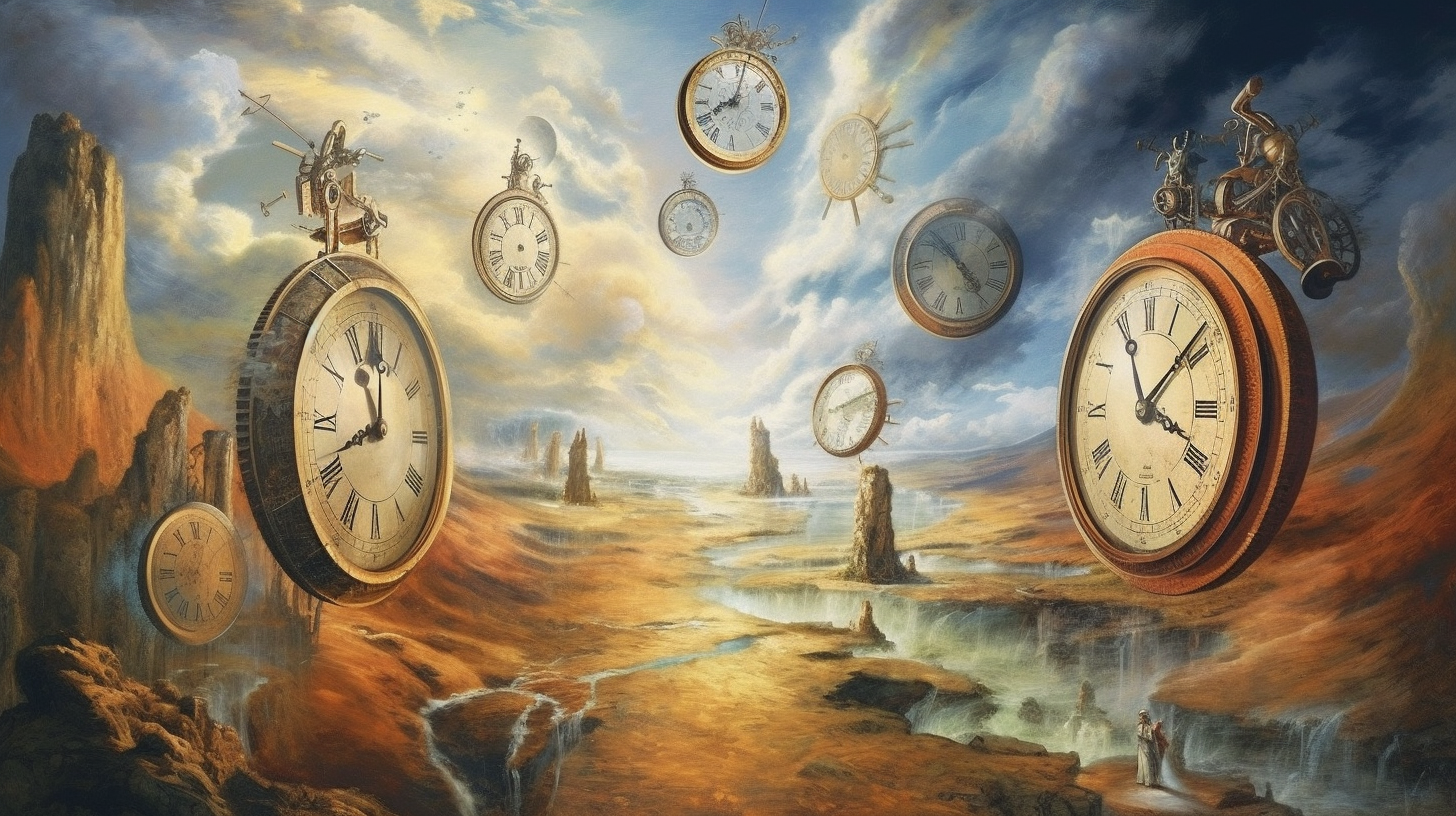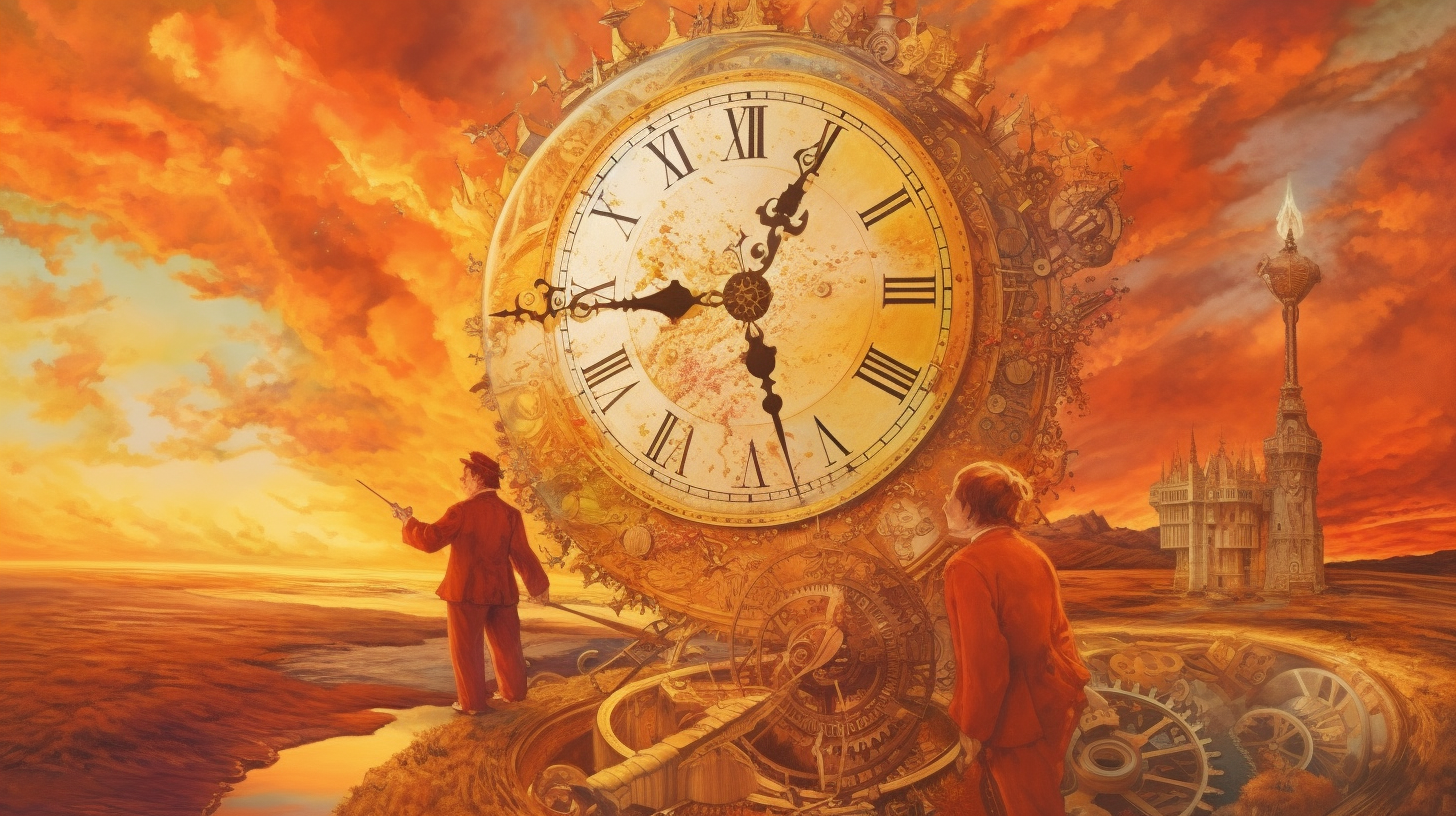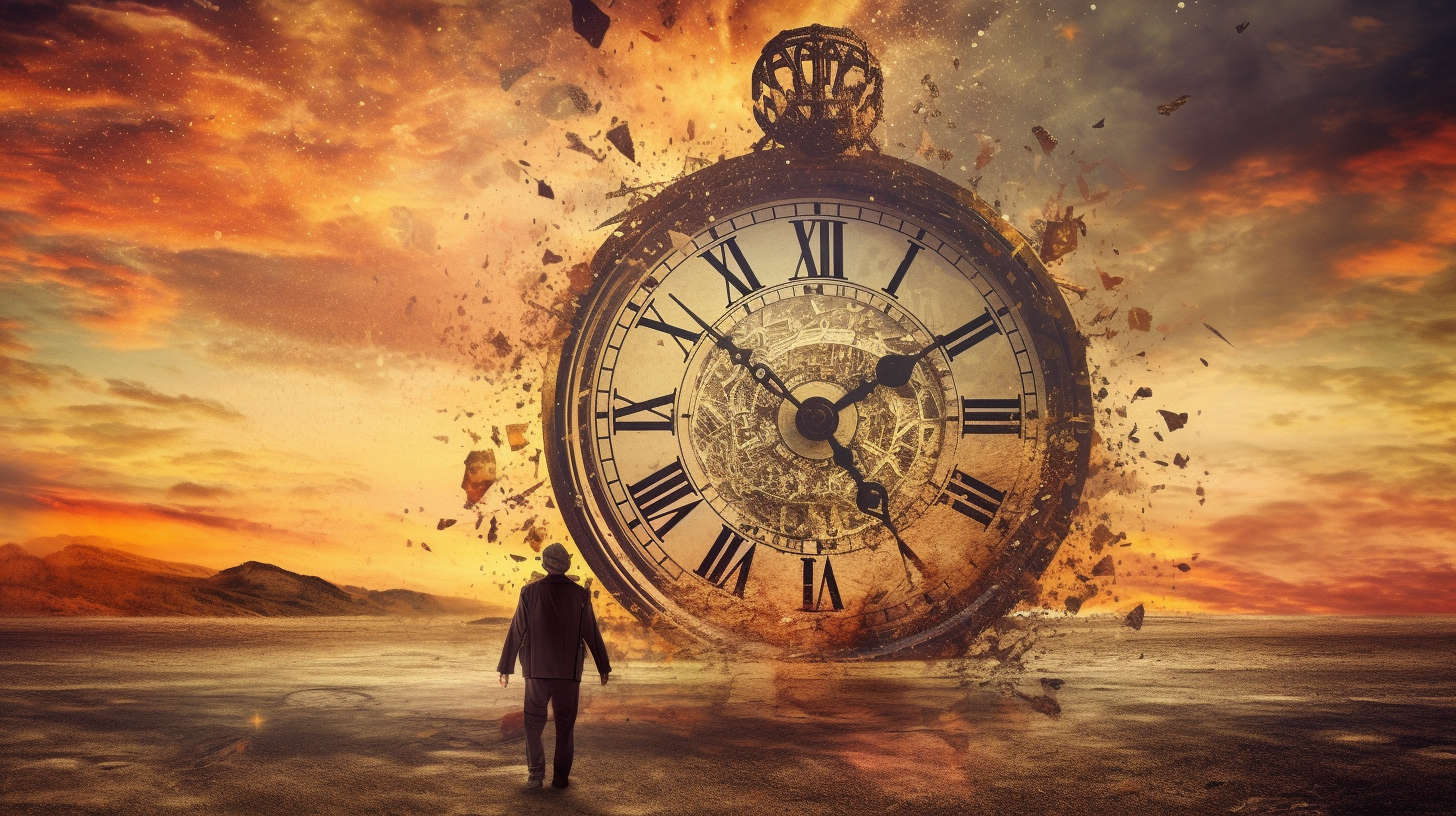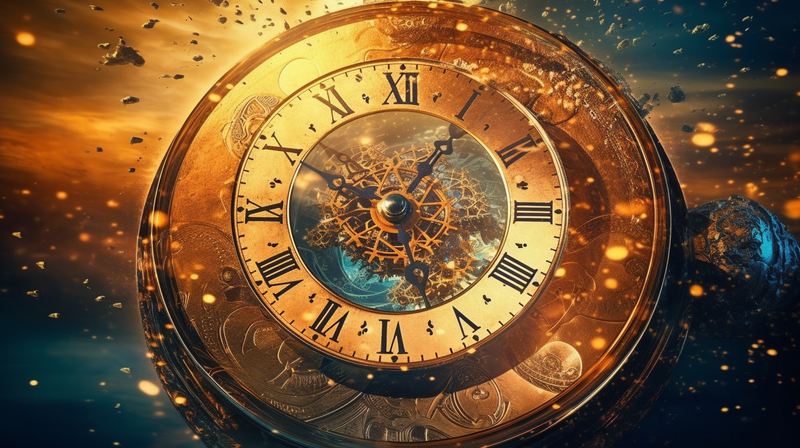The Philosophy of Time: Does the Past, Present, and Future Exist Simultaneously?
Few topics in philosophical inquiry capture the imagination as profoundly as the nature of time. From ancient civilizations to modern-day thinkers, the concept of time has been a source of fascination, speculation, and perplexity. One enduring question is whether the past, present, and future exist simultaneously. I aim to challenge conventional wisdom and dissect the illusory nature of temporal simultaneity, drawing upon historical references and a little critical analysis.

The Perception of Temporal Simultaneity:
Our perception of time is inherently subjective, shaped by our limited faculties and the particular vantage point from which we observe the world. As a result, we experience reality as a sequence of moments, an ever-unfolding tapestry in which events appear to occur one after another. However, this sequential perception of time should not be confused with an objective reality in which the past, present, and future coexist.
Historically, great minds such as Aristotle and Augustine have contemplated the nature of time and its relation to human experience. In his seminal work "Physics," Aristotle conceptualized time as the measurement of change, an abstract construct that emerges from the movement of celestial bodies. On the other hand, Augustine argued that time exists only in the mind, a product of human consciousness.
Einstein's Theory of Relativity:
It was the genius of Albert Einstein that revolutionized our understanding of time and its relation to space. With his theory of relativity, Einstein shattered the classical notion of an absolute, universal time. Instead, according to Einstein, time is not an independent entity but intricately linked to space, forming a four-dimensional spacetime fabric.
Einstein's theory brought forth the concept of time dilation, the idea that the passage of time is relative to the observer's frame of reference and the velocity at which they are traveling. This revelation challenged the notion of a singular, fixed present moment, highlighting the profound influence of perspective on our perception of time.

Increased entropy
Another crucial aspect in our examination of temporal simultaneity is the concept of the arrow of time. The arrow of time refers to the directionality of causality, the notion that events unfold in a particular order, progressing from past to present to future. This arrow of time is intimately tied to the irreversibility of specific physical processes, such as increased entropy in a closed system.
The philosophical implications of the arrow of time are far-reaching. If the past, present, and future exist simultaneously, as some proponents of temporal simultaneity suggest, the foundations of causality and our understanding of the natural order will crumble. We find coherence and meaning in our existence through the inexorable flow of time and the relentless march forward.
The Illusion of Simultaneity:
While the allure of temporal simultaneity may seem enticing, it ultimately rests on a fallacy of perception. The human mind, constrained by its subjective experience, seeks to impose order and structure on the chaotic reality of the universe. Our perception of simultaneity is a cognitive construct, a product of our innate desire for temporal cohesion.
Moreover, the notion of simultaneity presupposes the existence of an external framework against which events can be measured. Yet, as demonstrated by the theory of relativity, the concept of simultaneity becomes arbitrary and illusory in the absence of an absolute reference point.

By challenging conventional wisdom and embracing the insights of great thinkers like Einstein, we realize that temporal simultaneity is a seductive illusion, an artifact of our cognitive limitations. Life finds its rhythm and significance through the progression of time and the flow of moments.
In our pursuit of philosophical inquiry, let us not be swayed by the temptation of simplistic explanations or the allure of comfortable certainties. Instead, let us embrace the intellectual rigor that demands critical analysis, historical context, and a relentless pursuit of truth. Only through such unyielding pursuit can we hope to transcend the limitations of our subjective perceptions and uncover the profound mysteries within the philosophy of time.

Plato Re-Imagined
This course offers 32 comprehensive lectures exploring most of Plato's dialogues. These lectures guide students toward a consilient understanding of the divine—a concept that harmonizes knowledge across disciplines and resonates with secular and religious leaders. As a bonus, Lecture #33 focuses on consilience, demonstrating how different fields of knowledge can converge to form a unified understanding.






